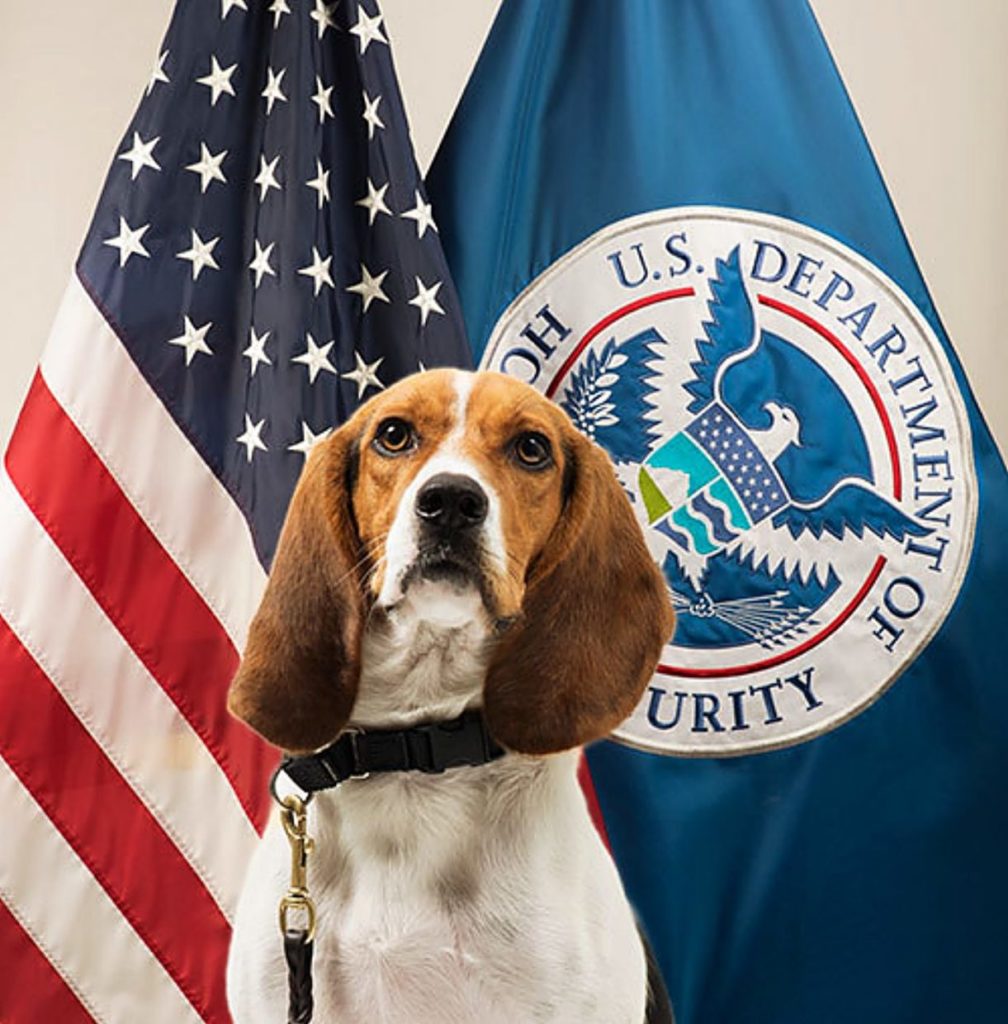 Working like a dog
Working like a dog
Feb 12, 2020
WASHINGTON, DC -- The “Protecting America’s Food and Agriculture Act of 2019,” also known as the Ag Inspectors Bill, passed the House with bipartisan support by voice vote on Monday. This bill, which passed the Senate in October and is expected to be signed into law by President Trump, aims to improve agricultural inspections at American borders by authorizing new funding for U.S. Customs and Border Protection (CBP) to hire additional agriculture specialists.
If fully funded through the appropriations process, the CBP would be directed to continue to hire specialists until their total number meets the requirements identified in the Agriculture Resource Allocation Model. The CBP estimates that the U.S. is currently about 700 inspectors short of those requirements.
Additionally, the bill authorizes funds to hire 200 agriculture technicians as support staff and 20 new canine teams each year to help bolster inspections. In total, the bill authorizes around $221 million and 1,200 jobs over the course of three years, subject to annual appropriations.
The legislation was supported by several members of the Congressional Rice Caucus, including Congressman Filemon Vela (D-TX), who championed the bill and also serves as chair of the Subcommittee on General Farm Commodities and Risk Management.
“I know how vital CBP personnel and the work they perform are for the protection and growth of our trade and agricultural sectors,” said Vela.
“Filling these vacancies will not only remedy the shortage of agriculture inspectors at U.S. points of entry, but will also help prevent animal, plant, and human diseases from entering the U.S. ” said Ben Mosely, USA Rice vice president of government affairs. “USA Rice applauds the bipartisan support in Congress, especially from members of the Rice Caucus. They obviously understand the dire need to strengthen the U.S.’s ability to prevent the entry of pests and diseases into our country that could negatively impact the rice industry.”